It’s always been taboo to discuss how diet affects the quality of breastmilk because there are already so many barriers to breastfeeding. (I’ve written about that already, here.)
We hear the “Breast is Best” campaign ad nauseum, but have you ever wondered how your diet could impact your breastmilk? From research, we know that the nutrients in breastmilk can and do vary based on what a mom eats and her nutrient stores, but not many people openly talk about it.
One researcher, who examined B-vitamin content of breastmilk (and found it lacking), sums it up well:
The overall picture that emerges is consistent across nutrients and points to an urgent need to improve the information available on breast milk quality.” – Lindsay Allen
Breastfeeding is already a huge commitment – both in time and energy – that the thought of needing to eat “perfectly” to make nutrient-dense milk is daunting. (<– and for the record, I don’t think breastfeeding moms need to eat “perfectly.”)
Believe me, as a nursing mom myself, I get it. So does my friend from the Fertility Friday podcast, Lisa.
Choosing nutrient-dense real food is not always easy, and yet this is a time when nutrient needs are at their highest.
You’re supplying both yourself with nourishment (plus desperately needing repletion after pregnancy) and a ridiculously hungry, rapidly growing baby.
Lisa and I both feel passionate about helping encourage mothers to breastfeed and encourage moms to eat as much nutrient-dense, real food while doing so – and not just for baby, but so you have the ability to heal from childbirth and handle the stresses of motherhood without burning out. It’s about self-care and nourishment, not deprivation and punishment.
Breastfeeding takes a TON of energy and brings a whole new meaning to the term “hangry.”
You absolutely need to eat and eat A LOT. And when you’re caring for a wee one, it’s especially hard when you often don’t have more than 5 minutes to yourself.
That’s why I’m thrilled to share with you my latest interview, Real Talk About Breastfeeding, on the Fertility Friday podcast. It’s my 4th appearance on her show (more than any other guest, she told me) and we talk all about breastfeeding.
>>>Check out our past interviews:
1) Gestational Diabetes and Preconception Nutrition
2) Exercise in Pregnancy
3) Real Food for PCOS <<<
We recorded this when I was 8 months postpartum. Actually both of us were breastfeeding at the time. When you’re “in the thick of it,” like us, you have a much different perspective than someone who’s either never breastfed or hasn’t done it in years. I hope you can laugh with us and learn a few things from our candid over-shares.
We cover a lot of ground in this interview – from the importance of eating plenty of real food, the challenges of breastfeeding, how to prepare if you’re pregnant and planning on breastfeeding, and a whole lot more.
Real Talk About Breastfeeding on the Fertility Friday podcast (Listen HERE or on iTunes, Episode 126)
Here are some of the highlights from our Real Talk About Breastfeeding Interview:
- What happens to your body during breastfeeding and how do nutrition requirements shift?
- How your transition from being pregnant to being a mom is a bit of a train wreck (in the best possible way, of course).
- Energy demands of breastfeeding and postpartum healing.
- What early breastfeeding is like. How do colostrum and mature breastmilk differ? Foremilk and hindmilk?
- What Lisa and I noticed about our breastmilk composition with changes in our diet (especially fat content).
- What ingredient you should absolutely avoid while breastfeeding (it can impair brain and vision development in your baby… yikes!).
- The two foods you want to eat enough of to get enough choline into your milk and why choline is so important.
- How much vitamin D do you need to consume to produce breastmilk with adequate vitamin D? (Lots more in vitamin D in this article.)
- If a mom feels like she isn’t making enough milk, what should she eat or drink to boost her supply?
- Do you have to eat lactation cookies or oatmeal or eat anything special to make enough milk?
- The reality of breastfeeding – the expectations, the time commitment, and more.
- My experience with postpartum weight loss while breastfeeding. What I ate and how “snack stations,” freezer meals, and meal trains helped me stay nourished.
- The two nutrients that can help with postpartum depression.
- And a whole bunch of real talk about breastfeeding, especially the early weeks and months and how it changes when you’re 6+ months into it.
I hope you enjoy our real talk about breastfeeding interview. I have to say, since we recorded this in advance, I had a lot of fun re-listening to our conversation and can appreciate how much breastfeeding changes month by month. At the time of writing this post, I’m still nursing. I made it through the first year and beyond, even when there were times when I questioned if all the effort was worth it. Who knows how I’ll feel about breastfeeding several months from now? All I know is it continues to evolve right along with baby. So far, I’ve found the rewards worth all the not-so-easy parts.
Before you go, I’d love to hear your feedback:
- What do you think about nutrition advice to breastfeeding moms?
- If you’ve breastfed (either currently or in years past), what was your experience like?
Until next week,
Lily
PS – This interview inspired a whole detailed section in the “4th trimester” chapter of my book, Real Food for Pregnancy. If you found our discussion of the nutritional content of breastfeeding fascinating and want to learn more about how your nutrient intake can influence the nutrient levels in your breast milk, make a B-line to Chapter 12 of Real Food for Pregnancy. All the research is laid out for ya. 😉
If you want a sneak peek, you can read the first chapter for free over at www.realfoodforpregnancy.com or via the box below.

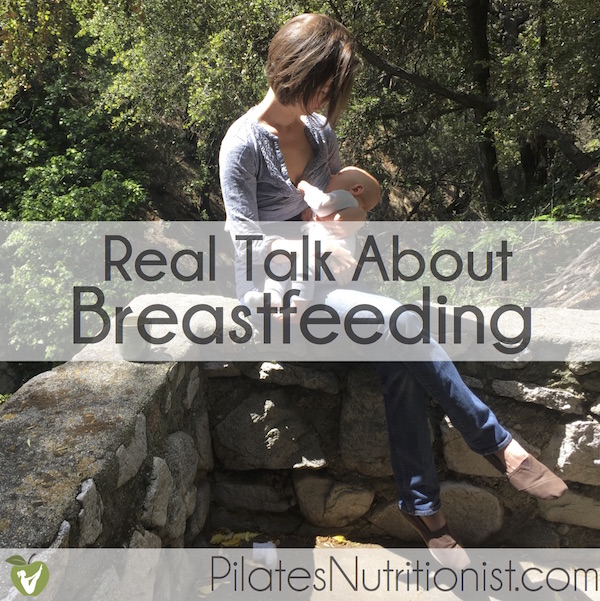

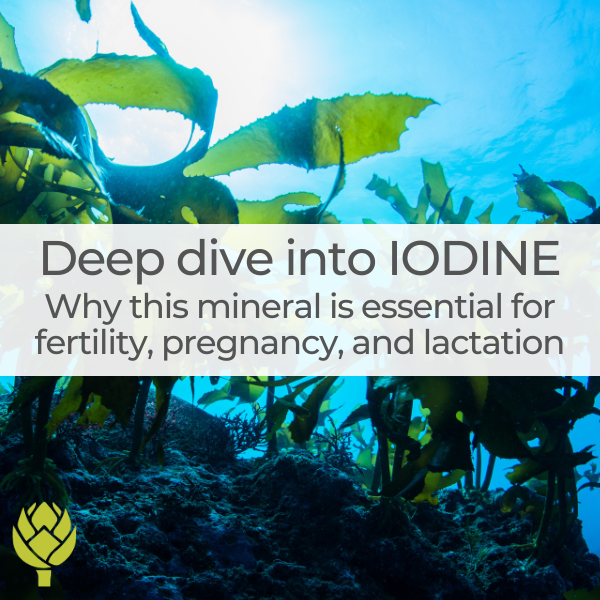
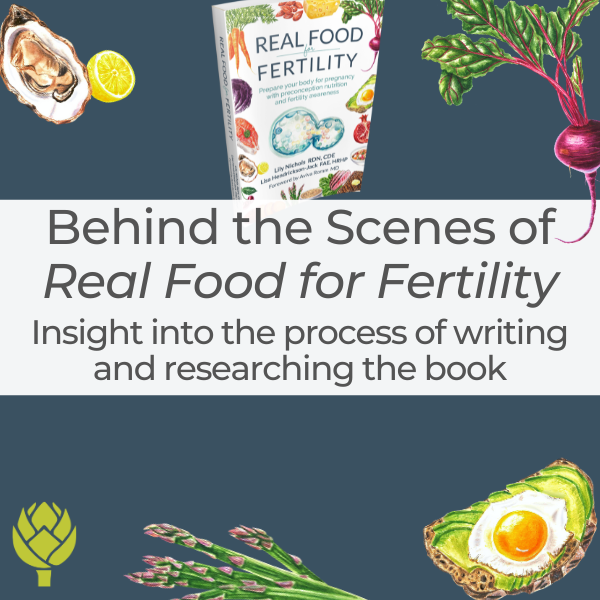
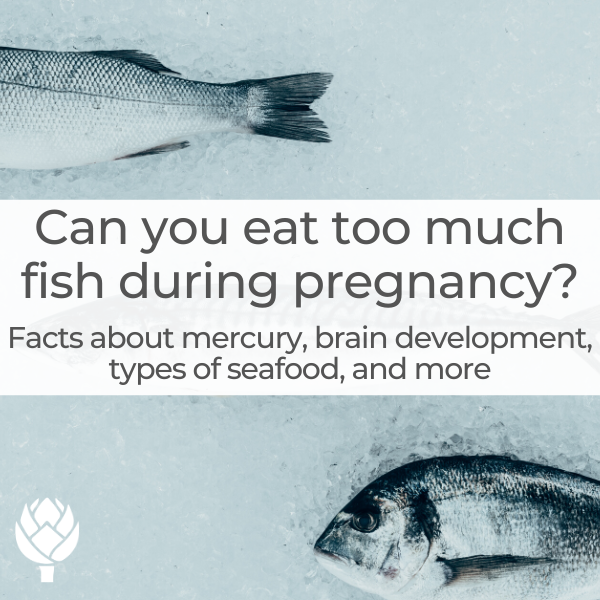
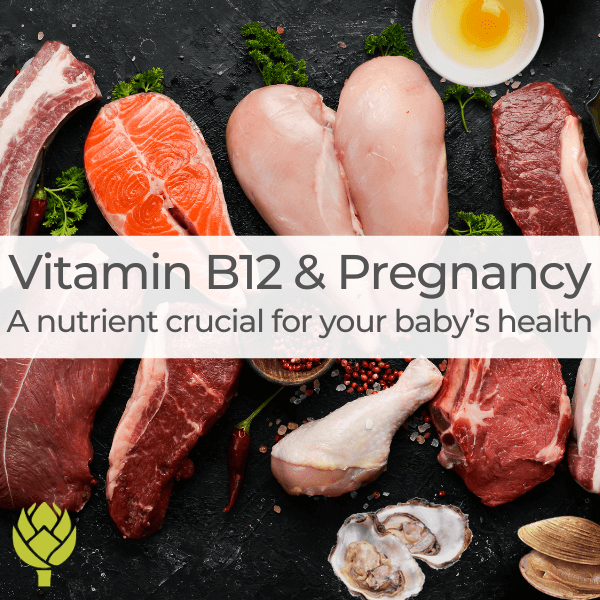



I always enjoy your posts! I listened to this one while nursing my second child. 🙂
I did want to share from my experience of having two csections, I started incorporating collagen daily following this most recent delivery & Ive healed so much quicker & I feel so much better than I did during my first postpartum period. I was given it as a gift & will now be giving that to post partum moms!
Glad it resonated with you, Hope. Great tip on the collagen! Collagen, gelatin, bone broth, slow-cooked meat, etc… all FANTASTIC for healing postpartum. I also did a ton of that postpartum and really felt it helped my recovery.
PS – My Tart Cherry Gummies are really yummy way to sneak in that gelatin/collagen goodness and make an easy nursing snack. 😉
This is really great and refreshing coming from women who are actually living it- it makes such a difference and takes the defensiveness that can come up when encouraged to do one more thing as a mom!
Could you possibly address how breastfeeding and nutrition (possible GD going on and I’m testing for that next week) can affect postpartum depression? I have had three babies 18-20months apart and PPD after each baby, noticing much improvement after they wean.
I’m expecting my fourth and would like to have a beautiful breastfeeding relationship with this baby but I don’t want to go back under that ‘cloud’ just to have that when I need to be at my best for all my kiddos.
I love your blog and your advice/research really resonates with me!
I am 6mo postpartum with my first child. I’ve heard how good collagen is and I’ve wanted to take it but am leery since I’m breastfeeding. In your opinion, is it okay to take collagen while breastfeeding? And biotin for that matter? My hair loss is out of control 🙁
Thanks!